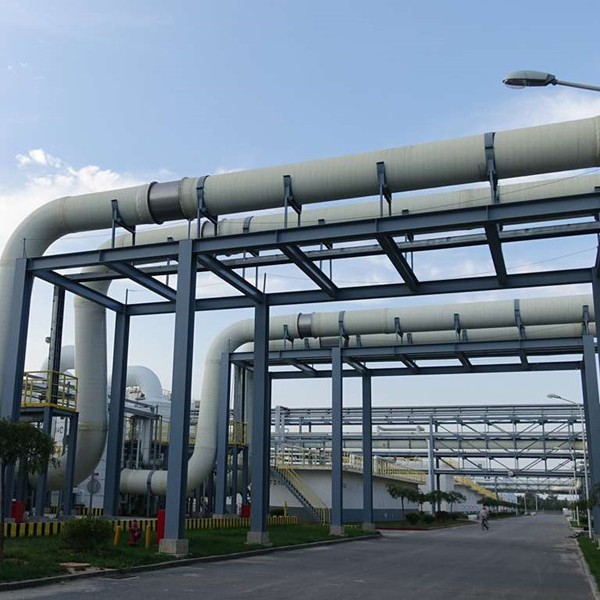
-
 Afrikaans
Afrikaans -
 Albanian
Albanian -
 Amharic
Amharic -
 Arabic
Arabic -
 Armenian
Armenian -
 Azerbaijani
Azerbaijani -
 Basque
Basque -
 Belarusian
Belarusian -
 Bengali
Bengali -
 Bosnian
Bosnian -
 Bulgarian
Bulgarian -
 Catalan
Catalan -
 Cebuano
Cebuano -
 China
China -
 China (Taiwan)
China (Taiwan) -
 Corsican
Corsican -
 Croatian
Croatian -
 Czech
Czech -
 Danish
Danish -
 Dutch
Dutch -
 English
English -
 Esperanto
Esperanto -
 Estonian
Estonian -
 Finnish
Finnish -
 French
French -
 Frisian
Frisian -
 Galician
Galician -
 Georgian
Georgian -
 German
German -
 Greek
Greek -
 Gujarati
Gujarati -
 Haitian Creole
Haitian Creole -
 hausa
hausa -
 hawaiian
hawaiian -
 Hebrew
Hebrew -
 Hindi
Hindi -
 Miao
Miao -
 Hungarian
Hungarian -
 Icelandic
Icelandic -
 igbo
igbo -
 Indonesian
Indonesian -
 irish
irish -
 Italian
Italian -
 Japanese
Japanese -
 Javanese
Javanese -
 Kannada
Kannada -
 kazakh
kazakh -
 Khmer
Khmer -
 Rwandese
Rwandese -
 Korean
Korean -
 Kurdish
Kurdish -
 Kyrgyz
Kyrgyz -
 Lao
Lao -
 Latin
Latin -
 Latvian
Latvian -
 Lithuanian
Lithuanian -
 Luxembourgish
Luxembourgish -
 Macedonian
Macedonian -
 Malgashi
Malgashi -
 Malay
Malay -
 Malayalam
Malayalam -
 Maltese
Maltese -
 Maori
Maori -
 Marathi
Marathi -
 Mongolian
Mongolian -
 Myanmar
Myanmar -
 Nepali
Nepali -
 Norwegian
Norwegian -
 Norwegian
Norwegian -
 Occitan
Occitan -
 Pashto
Pashto -
 Persian
Persian -
 Polish
Polish -
 Portuguese
Portuguese -
 Punjabi
Punjabi -
 Romanian
Romanian -
 Russian
Russian -
 Samoan
Samoan -
 Scottish Gaelic
Scottish Gaelic -
 Serbian
Serbian -
 Sesotho
Sesotho -
 Shona
Shona -
 Sindhi
Sindhi -
 Sinhala
Sinhala -
 Slovak
Slovak -
 Slovenian
Slovenian -
 Somali
Somali -
 Spanish
Spanish -
 Sundanese
Sundanese -
 Swahili
Swahili -
 Swedish
Swedish -
 Tagalog
Tagalog -
 Tajik
Tajik -
 Tamil
Tamil -
 Tatar
Tatar -
 Telugu
Telugu -
 Thai
Thai -
 Turkish
Turkish -
 Turkmen
Turkmen -
 Ukrainian
Ukrainian -
 Urdu
Urdu -
 Uighur
Uighur -
 Uzbek
Uzbek -
 Vietnamese
Vietnamese -
 Welsh
Welsh -
 Bantu
Bantu -
 Yiddish
Yiddish -
 Yoruba
Yoruba -
 Zulu
Zulu
fiberglass food grade equipment
Understanding Fiberglass Food Grade Equipment
In today’s fast-paced food industry, the importance of maintaining high standards of hygiene and safety cannot be overstated. One material that has emerged as a reliable choice for food-grade equipment is fiberglass. Known for its strength, durability, and resistance to various environmental factors, fiberglass provides numerous advantages for food processing and storage applications.
Understanding Fiberglass Food Grade Equipment
One of the key attributes of fiberglass food-grade equipment is its resistance to corrosion and chemicals. Unlike metals that can rust or corrode when exposed to various food substances or cleaning agents, fiberglass remains unaffected. This characteristic significantly reduces maintenance costs, as equipment can last longer without the need for frequent replacements. Additionally, the non-porous surface of fiberglass minimizes the risk of bacterial growth, which is crucial in any food-related environment where cleanliness is paramount.
fiberglass food grade equipment

Safety is another critical factor when it comes to food-grade equipment. The FDA has approved fiberglass composites for food contact applications, meaning that they are safe for handling and storing food products. This certification gives food producers and consumers peace of mind, knowing that the materials used in their food processes are compliant with health and safety regulations. Furthermore, fiberglass does not leach harmful substances into food, ensuring that the quality and safety of the products remain intact.
In addition to practical benefits, fiberglass equipment can also contribute to energy efficiency. Many fiberglass products are designed to provide thermal insulation, helping to maintain the desired temperatures for food storage and preparation. This feature is particularly valuable in minimizing energy consumption, thereby reducing overall operational costs.
Looking towards the future, the use of fiberglass in food-grade equipment is expected to grow. As the food industry continues to evolve, producers are constantly seeking innovative materials that can enhance productivity while ensuring safety and compliance. Fiberglass stands out as a material that addresses these needs effectively, making it an ideal choice for various applications in the food sector.
In conclusion, fiberglass food-grade equipment offers an array of benefits that align with the high standards required in the food industry. Its durability, chemical resistance, safety certifications, and energy efficiency make it a top choice for food processing and storage solutions. As businesses strive for optimum performance while meeting safety regulations, investing in fiberglass equipment may just be the key to achieving operational excellence in the food sphere.
Latest news
-
Drill Rod Connections Mastery Basics & Efficiency ExplainedNewsJun.03,2025
-
Premium GRP Food Grade Equipment Durable & Corrosion-ResistantNewsJun.03,2025
-
Fiberglass Storage Tanks Durable & Corrosion-Resistant FRP SolutionsNewsJun.03,2025
-
Fiberglass Dual Lamination Products Durable GRP SolutionsNewsJun.03,2025
-
GRP Playground Equipment Durable FRP & Fiberglass Play StructuresNewsJun.03,2025
-
Molded Fiberglass Grating Durable & Corrosion-Resistant SolutionsNewsJun.01,2025









